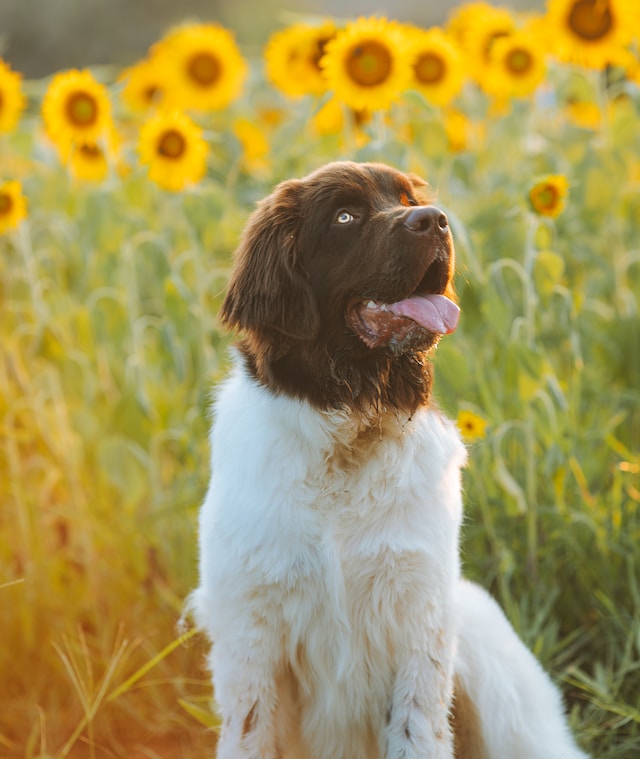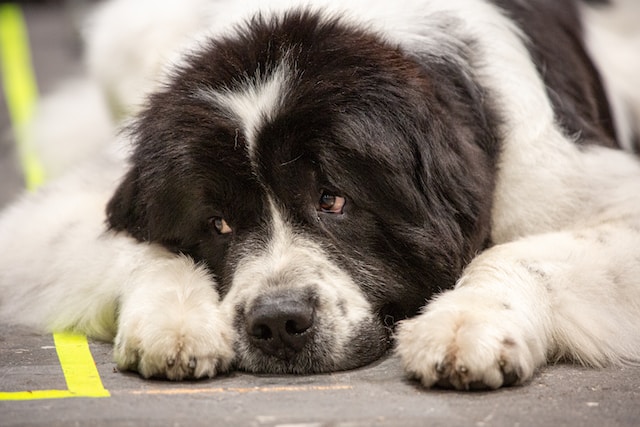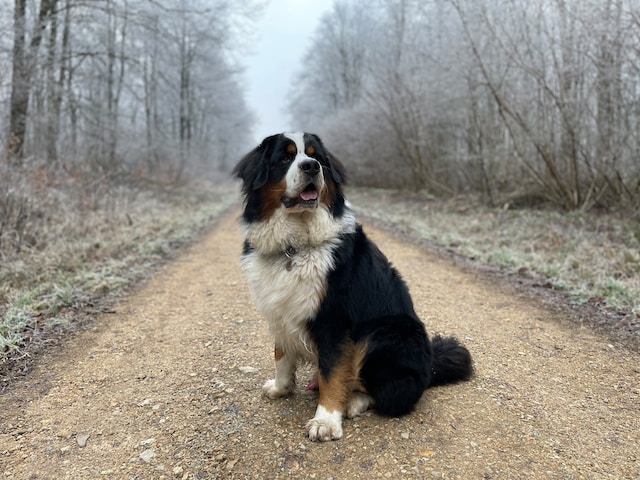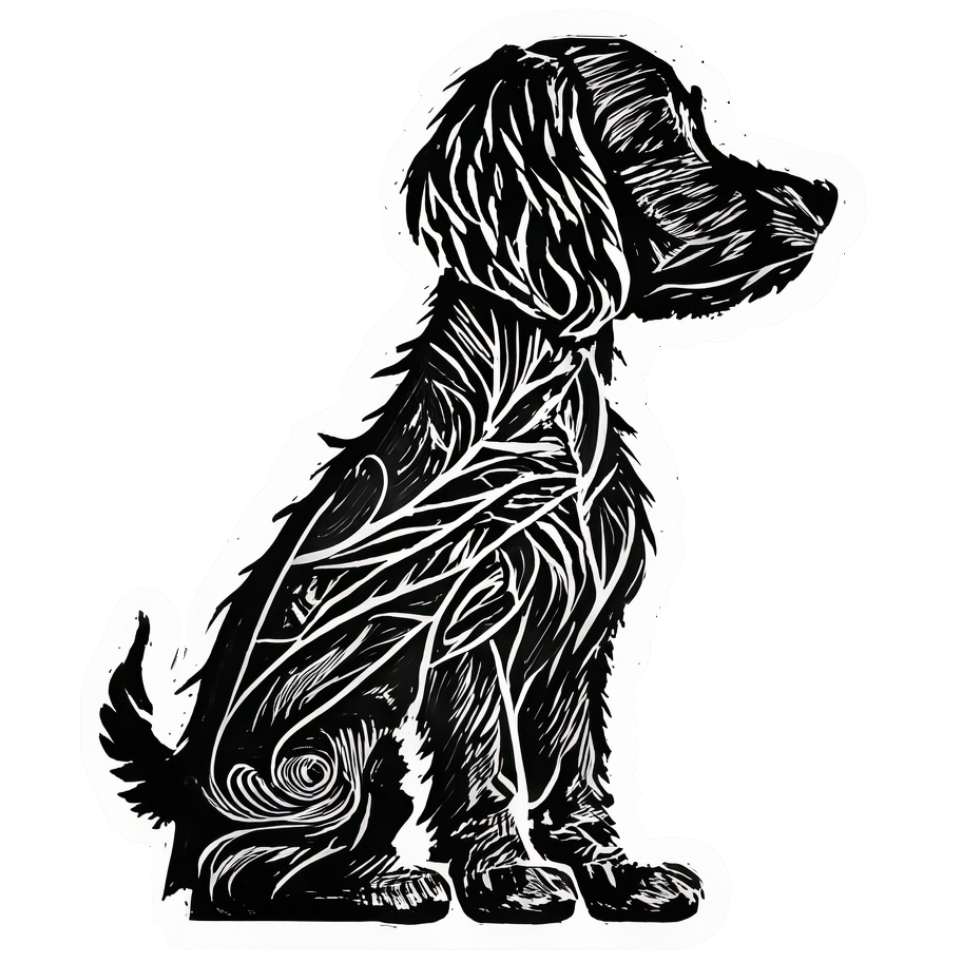Gentle Giant



Famed for their size, strength, and sweet nature, the Newfoundland dog breed is a beloved and unique addition to the canine world. Known affectionately as “Newfies”, these dogs are renowned for their gentle temperament, devotion to family, and their remarkable swimming abilities.
Origin and History
Originating from Newfoundland, Canada, these dogs were bred to work alongside fishermen, pulling nets, hauling wood, and even performing water rescues. Their size, strength, and swimming ability made them ideal for such tasks. Newfoundland dogs were brought to England in the 19th century, where they were admired and further bred as both working dogs and companions.
Appearance
Newfoundland dogs are classified as a giant breed. A typical adult male Newfoundland can weigh anywhere between 130 to 150 pounds, while females are slightly smaller, usually weighing between 100 to 120 pounds. They stand about 26 to 28 inches tall at the shoulder.
Newfies have a thick, water-resistant double coat that keeps them warm even in icy water. Their fur, which can be black, brown, grey, or white-and-black (often referred to as “Landseer”), requires regular grooming to prevent matting and keep them looking their best.
One of the Newfoundland’s most distinctive features is their large, webbed feet, which make them excellent swimmers.
Temperament
Newfoundlands are often called “gentle giants” and for a good reason. They’re known for their kind and patient nature, and their love of children. They are generally good-natured, gentle, and amiable dogs who get along well with other animals and are very protective of their family.
These dogs are intelligent and can be trained relatively easily, although it’s important to use positive, reward-based methods due to their sensitive nature.
Exercise and Health
Despite their size, Newfoundlands don’t require as much exercise as some other breeds, but they do enjoy a daily walk and swimming sessions. Newfies love water, and swimming is a great way for them to get exercise without putting too much strain on their joints.
As with many large breeds, Newfoundland dogs can be prone to certain health issues, such as hip and elbow dysplasia, heart conditions, and a propensity for bloat. Regular vet check-ups are essential to ensure that any potential health issues are spotted and treated early.
Living with a Newfoundland
Living with a Newfoundland is a joy and a responsibility. They’re gentle and protective dogs who thrive in a family environment. However, their size and strength mean they need plenty of space, both inside and outside.
Newfies can cope well in various climates, but they’re more suited to colder weather due to their thick coat. In warmer climates, it’s essential to ensure they can stay cool enough and always have access to plenty of water.
While Newfoundland dogs can be a bit drooly and shed quite a bit, their loving, gentle nature and devotion to their families make them wonderful pets for those who have enough space and time to devote to these beautiful giants.
Newfoundland dogs are a gentle, loving breed, full of devotion and kindness. With the right environment and care, they make loving family pets and lifelong companions.
